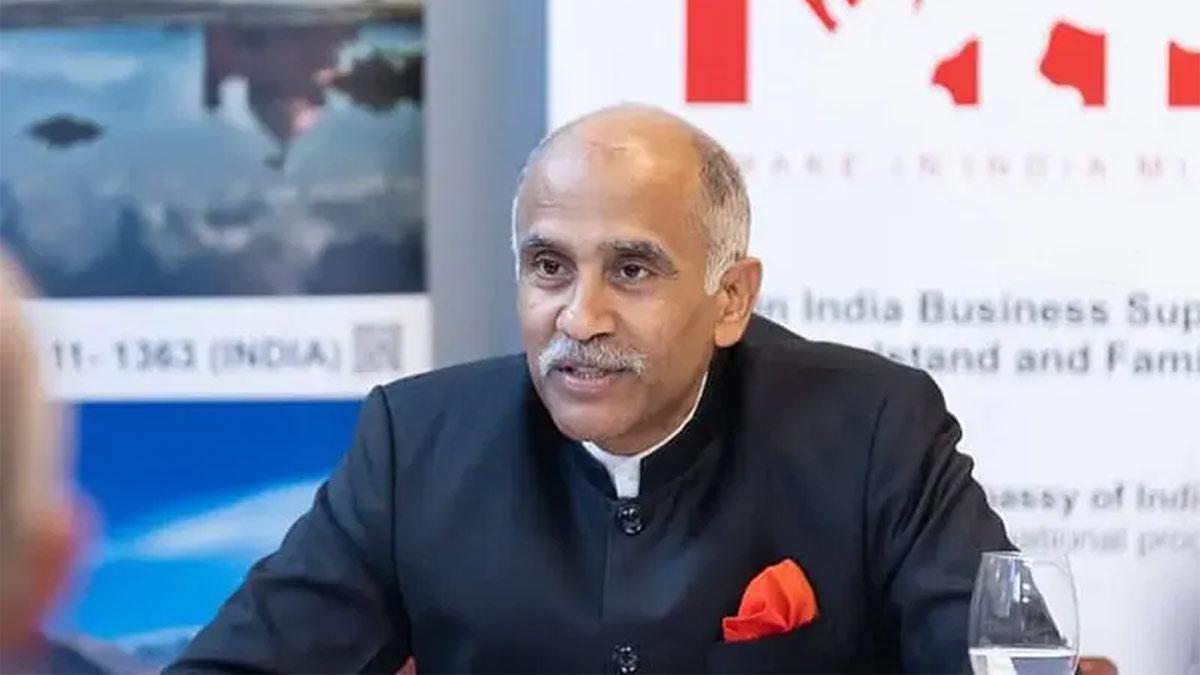India has highlighted the pressing necessity for enhanced transparency in the process of the United Nations Security Council's (UNSC) subsidiary organs, more specifically in the absence of public disclosure when proposals to sanction terrorist groups for blacklisting are blocked or shelved. Terming this practice as a "disguised veto," India said that these decisions get restricted to a few without seeking wide accountability.
Addressing the Inter-Governmental Negotiations (IGN) Plenary – Cluster Debate on Working Methods on Thursday, India's Permanent Representative to the UN, Ambassador P. Harish, reaffirmed the need for reforms in the 15-member Security Council. He emphasized that reforms were required in several areas, ranging from making subsidiary bodies transparent to enforcing peacekeeping mandates effectively.
A Call for Meaningful Reform
"The call for reform in this hall is loud and clear. The call is all the more compelling at a moment when international confidence in the United Nations' capacity to act decisively on key issues, most notably those pertaining to peace and security—the Council's very raison d'être—is in doubt," Harish said.
Emphasizing the lack of transparency in the working methods of the Council, Harish noted that while listing decisions are publicized, information regarding rejection or technical hold is not made public.
"While listing decisions are made public, information related to rejection or placing on technical hold of listing requests is the sole domain of a few. This is actually a hidden veto," he stated.
India has always complained about how the UNSC's subsidiary organs, like the 1267 Al-Qaeda Sanctions Committee, work—particularly for terrorist blacklisting requests. New Delhi has again and again pointed out how good, evidence-based suggestions to sanction internationally proscribed terrorists are being thwarted unjustifiably. India contends this practice dilutes the Council's purported dedication to countering terrorism.
Previously, India's attempts to place Pakistan-based terrorists on the list have been thwarted, sometimes by China, a veto-wielding permanent Council member and an ally of Pakistan.
Stagnation in the Reform Process
Although there has been widespread recognition by UN Member States that reforms are necessary, India was frustrated at the absence of concrete progress.
"We have had many debates and discussions. We speak emotively but end up in the same position," Harish observed.
Call to the international community for concrete action for UNSC reform, Harish insisted that exchanging ideas but taking no action was no longer the option.
"It is time to move ahead. It is time to deliver results," he declared.
India was critical of the length of time taken for the Intergovernmental Negotiations process, which has no specified timeline or set format for obtaining substantive reforms.
The world should not hide behind the IGN smokescreen that has no time limit and no text to propel actual reform. The way of change starts with a clear text and a determination to have specific timelines for bringing tangible results," Harish asserted.
Addressing Peacekeeping Mandates and Comprehensive Reforms
In the context of UN peacekeeping, Harish emphasized that mandates should be mindful of troop-contributing countries' concerns.
As the biggest cumulative troop contributor, this is a priority issue for India," he stated.
He also stressed that reforms should not be sought in isolation.
"A piecemeal approach will fail. The issue of Council reforms needs to be addressed comprehensively and holistically," Harish insisted.
Furthermore, India enquired how anachronistic and non-consequential agenda points that have ceased to remain topical in contemporary life continue to remain on the shelf of the Security Council as an exercise in political convenience.
The Need for an Analytical UNSC Report
India also called for a more evaluative and informed UNSC report to be laid before the General Assembly. Rather than just accumulating facts, the report should act as a gauge by which Member States can properly judge the performance of the Security Council.
The Indian representative repeated that the present composition of the UNSC is antiquated and not in consonance with today's global scenario.
"The Security Council is a relic of another time. Its fundamental design has not changed in eight decades and is hence disconnected from the current geopolitical context. To play its role, meet the people's expectations, and be meaningful, the Council needs to be redesigned to achieve its function effectively," Harish concluded.
Read also| Trump's 'Gold Card' Offering Citizenship Set to Go on Sale in Two Weeks
Read also| Trump Announces Ukraine Deal During First Cabinet Meeting


















